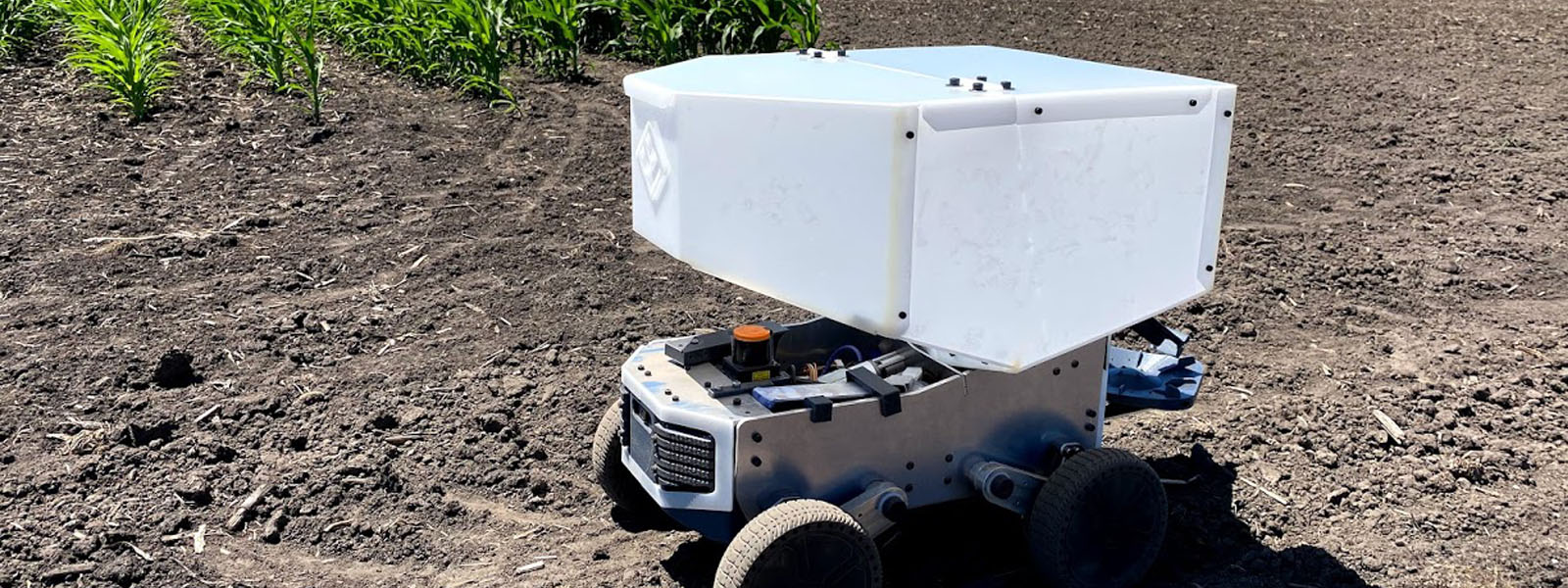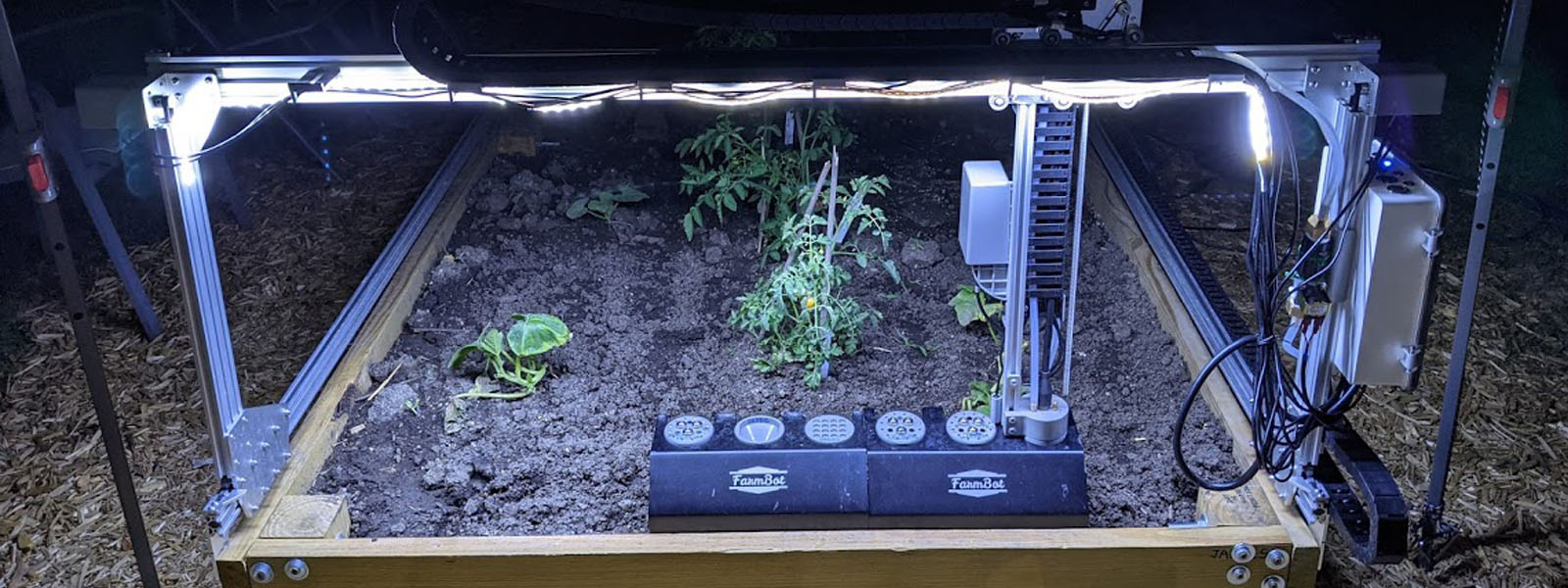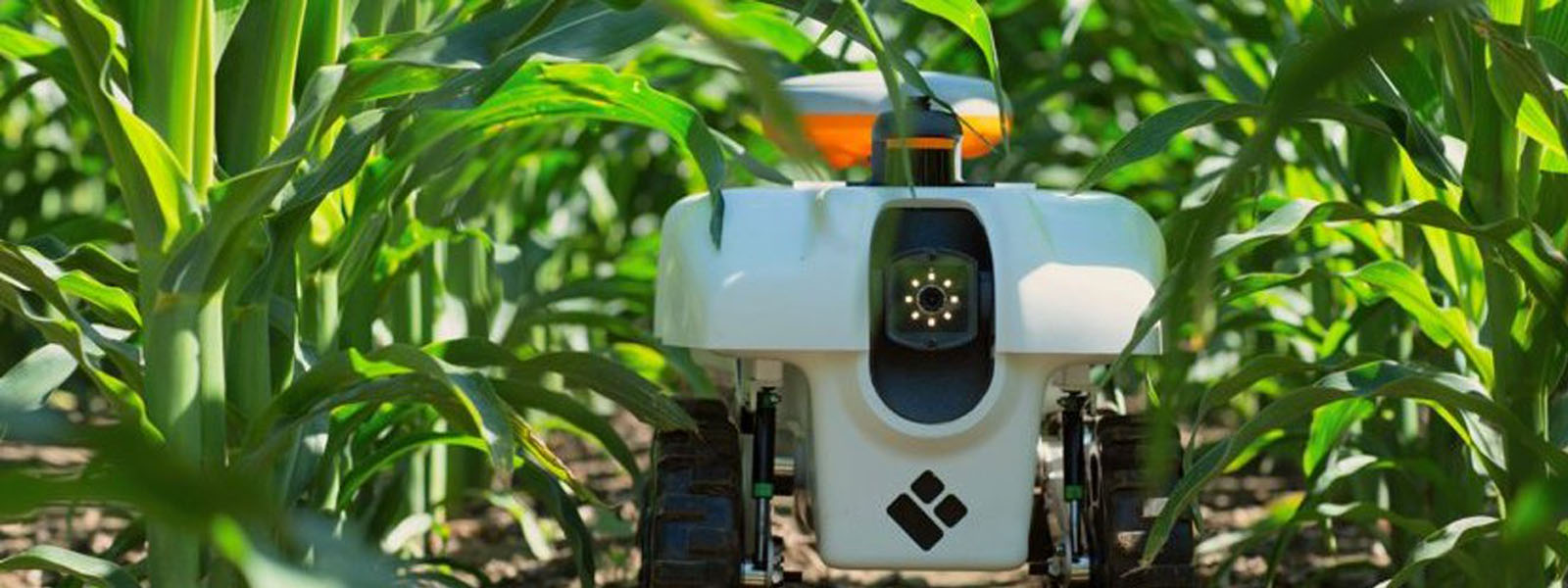



The Artificial Intelligence for Future Agricultural Resilience, Management, and Sustainability Institute will serve as a nexus for multidisciplinary research teams that advance foundational AI and use these advances to address important challenges facing world agriculture. It will put strong emphasis on technologies that impact production practices, on developing a diverse technically skilled workforce in digital agriculture, and on supporting women and minority farmers.
Our research covers:
- Autonomous farming,
- Efficiency for livestock operations
- Environmental resilience,
- Soil health
- Technology adoption
Read more about our thrusts to learn how we’re advancing artificial intelligence in agriculture.
The AIFARMS Institute project is led by the Center for Digital Agriculture.
Latest news

US farms are making an urgent push into AI. It could help feed the world
AIFARMS Program Officer Steve Thomson provided input for this BBC article covering how American farmers are rapidly ploughing ahead with adopting AI in their agricultural practices.

Remembering AIFARMS Co-PI Dr. Todd C. Mockler
The AIFARMS team is deeply saddened by the passing of Dr. Todd C. Mockler on January 6, 2023. Todd was the Geraldine and Robert Virgil distinguished investigator at the Danforth Center, cofounder of Benson Hill, and AIFARMS co-PI.
AINSWORTH AND GUAN RANK AMONG WORLD’S MOST INFLUENTIAL
Nine researchers at the University of Illinois Urbana-Champaign have been named to the 2022 Clarivate Analytics Highly Cited Researchers list. The list recognizes research scientists

Contact us
If you have questions about AIFARMS or are interested in how you can get involved.
The Artificial Intelligence for Future Agricultural Resilience, Management, and Sustainability (AIFARMS) Institute is supported by the USDA National Institute of Food and Agriculture and the National Science Foundation.

